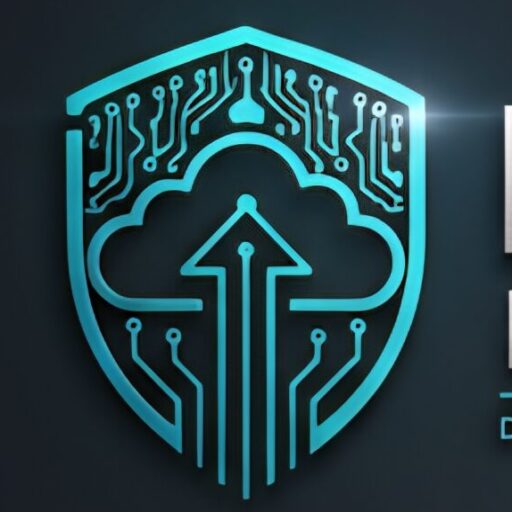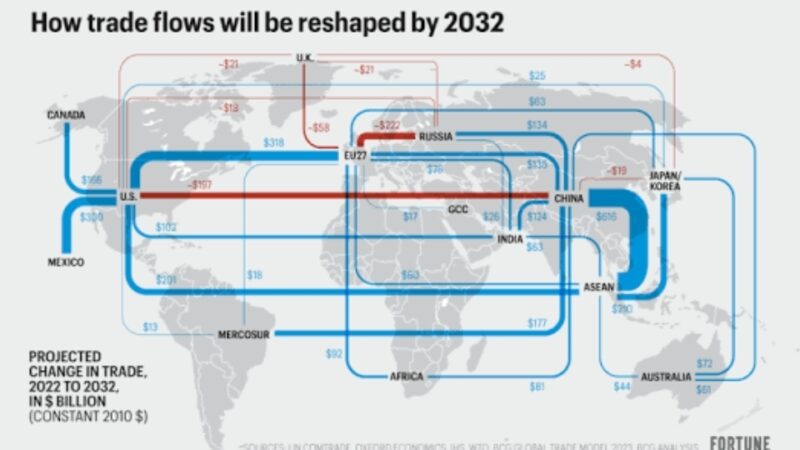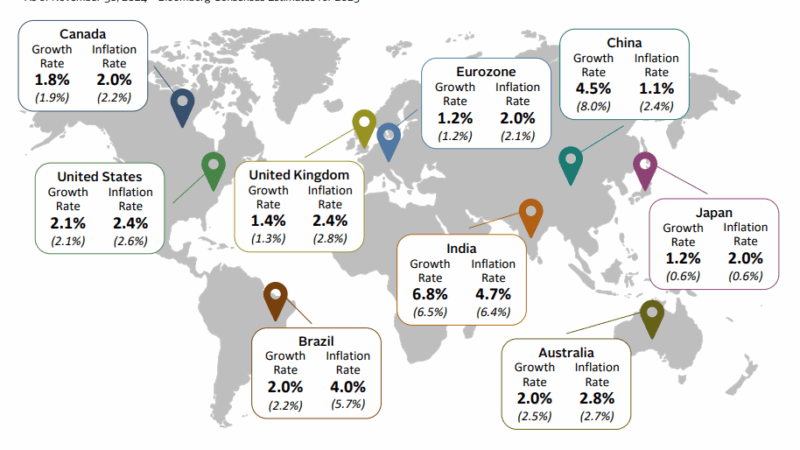Boardroom to Blockchain: How Multinationals Are Rewriting Transparency Rules

By Brutnow Team |Brutnow Media |Global business
Introduction: The New Corporate Credo — Radical Transparency
In a world increasingly shaped by digital trust and real-time accountability, global corporations are turning to blockchain technology to rewrite the rules of transparency. Once confined to financial transactions, blockchain is now transforming how boardrooms handle governance, compliance, and stakeholder engagement. From logistics giants to Fortune 500 finance firms, blockchain has evolved from a buzzword to a boardroom mandate.
The Shift from Corporate Secrecy to Immutable Accountability
Traditionally, multinational corporations operated through complex networks of subsidiaries and supply chains, often obscuring visibility. Today, the growing demand for transparent business practices—driven by investors, regulators, and consumers—has made blockchain’s decentralized ledger a strategic advantage.
Auditability: Every transaction recorded on a blockchain is verifiable, reducing fraud and human error.
Traceability: Supply chain records are transparent and tamper-proof, ensuring ethical sourcing.
ESG Compliance: Blockchain-based systems provide real-time tracking of carbon footprints and sustainability data.
From Boardroom Strategy to Blockchain Infrastructure
Executives are realizing that governance innovation requires technological reinvention. Companies like IBM, Nestlé, and Maersk have integrated blockchain to enhance accountability, while others in finance, healthcare, and energy are exploring private blockchain networks for secure data governance.
“Blockchain is not replacing auditors—it’s transforming them,” says a PwC report on digital governance. “The future boardroom will be as transparent as the blockchain it relies on.”
How Transparency Builds Investor and Consumer Trust
In the post-pandemic era, brand loyalty is built on data credibility. Investors now demand verifiable ESG metrics, and consumers expect ethical sourcing backed by proof. Blockchain-based systems not only protect brands from greenwashing but also enhance cross-border credibility.
The outcome: companies embracing transparency are seeing higher investor confidence and reduced compliance costs.
Challenges and Ethical Considerations
While blockchain promises a new era of open governance, challenges remain:
Integrating blockchain with legacy systems can be costly.
Data privacy laws vary across jurisdictions.
Over-transparency may expose competitive strategies.
Balancing transparency and confidentiality will define the next phase of corporate innovation.
Conclusion: The Future of Governance is Coded in Blocks
The journey from boardroom to blockchain marks a historic shift in how multinationals approach ethics, efficiency, and accountability. As more corporations adopt distributed ledger technology, the line between governance and technology will blur—creating a new era of “trust by design.”




